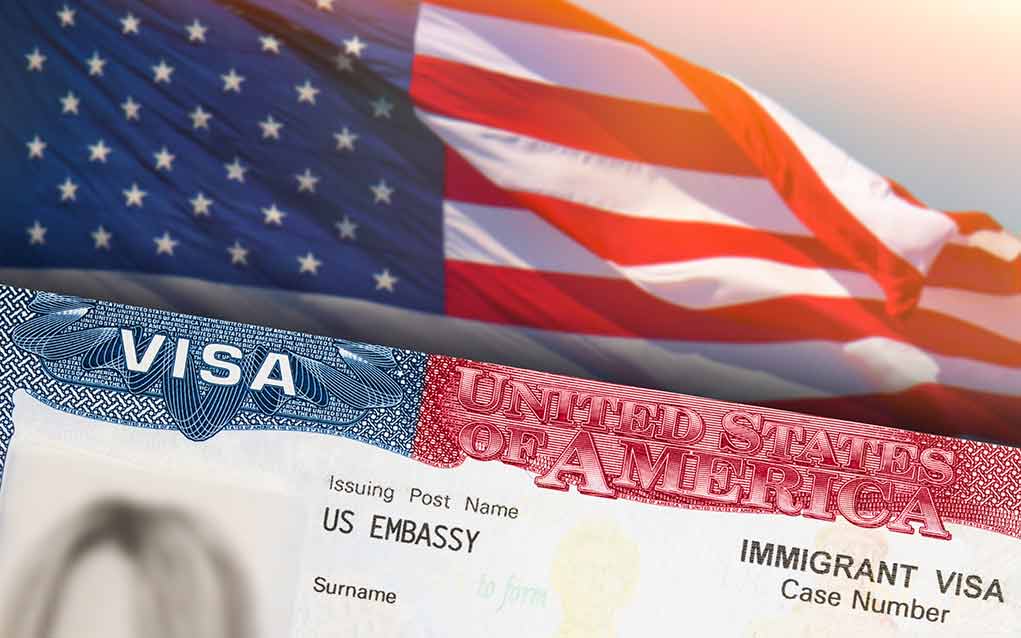
President Trump’s groundbreaking negotiations with Rwanda to accept deportees from the United States mark a decisive shift in immigration enforcement, targeting criminals whose home countries refuse to take them back.
Key Takeaways
- The Trump administration is negotiating with Rwanda to accept deportees from the U.S., including non-Rwandan nationals whose home countries refuse to accept them.
- Secretary of State Marco Rubio is actively seeking third-country solutions for deporting criminal illegal aliens, emphasizing that “the further away from America, the better.”
- Rwanda could benefit financially from this arrangement, receiving compensation for accepting deportees while addressing its economic challenges.
- The deportation agreement specifically targets illegal aliens involved in criminal activities, not the general undocumented population who will be repatriated to their countries of origin.
- This initiative demonstrates Trump’s commitment to creative, international solutions for immigration enforcement without requiring new legislation.
Rwanda Agreement: A Strategic Solution for Criminal Deportees
The Trump administration has initiated groundbreaking negotiations with Rwanda to accept deportees from the United States, including non-Rwandan nationals whose home countries refuse to take them back. This innovative approach addresses one of the most persistent challenges in immigration enforcement: what to do with criminal illegal aliens when their countries of origin won’t cooperate with deportation orders. The discussions include potential financial compensation for Rwanda to accommodate these deportees, creating a mutually beneficial arrangement that serves America’s security interests while potentially boosting Rwanda’s struggling economy.
Secretary of State Marco Rubio has been instrumental in pursuing these negotiations, making it clear that the administration is taking a hardline approach toward criminal illegal aliens. “We are working with other countries to say, ‘We want to send you some of the most despicable human beings,'” Rubio stated, adding that the “further away from America, the better.” Said by Secretary of State Marco Rubio – RedState. This stance reflects the administration’s determination to prioritize American safety over the comfort of those who have violated our laws and committed crimes on U.S. soil.
The Trump administration is planning a massive deportation effort targeting 1 million immigrants annually, surpassing the previous high of over 400,000 under Obama, according to The Washington Post. White House advisor Stephen Miller is strategizing with federal officials to…
— Aleksandar Djokic (Александар Джокич) (@polidemitolog) April 13, 2025
Strategic Deportation Targeting Criminal Elements
The Rwanda deportation initiative specifically targets criminal illegal aliens, particularly those from African and Middle Eastern countries that refuse to accept their nationals back. This approach represents a significant shift from previous administrations that often struggled with the legal and diplomatic hurdles of deporting criminal aliens. Rwanda’s selection as a partner in this effort appears strategic – the nation’s relatively austere living conditions compared to American prisons may serve as an additional deterrent for potential criminal immigrants, while the country’s geographic distance from the United States makes return migration highly unlikely.
Administration officials emphasize that most illegal aliens in the United States will be repatriated to their countries of origin through conventional deportation processes. The Rwanda agreement specifically addresses the problematic subset of criminal illegal aliens whose home countries refuse cooperation. This targeted approach demonstrates the administration’s commitment to pragmatic solutions that protect American communities while respecting international obligations. The plan leverages economic incentives rather than military force, creating a blueprint for similar arrangements with other nations willing to accommodate deportees.
Mutual Benefits and Broader Immigration Strategy
For Rwanda, the deportation agreement could provide substantial economic benefits. With a GDP of approximately $11 billion and limited internet access across the country, financial compensation from the United States would represent a significant economic opportunity. The arrangement also comes amid broader diplomatic engagement, as the U.S. works to broker a ceasefire between Rwanda and the Democratic Republic of Congo, potentially linking immigration cooperation with regional stability initiatives. This multi-dimensional approach showcases the Trump administration’s comprehensive foreign policy strategy that addresses immigration, security, and economic considerations simultaneously.
“The State Department is currently in talks with one agency on the domestic front,” revealed the government’s lawyer during recent court proceedings related to immigration matters. Said by The government’s lawyer, Church World Service. This statement hints at the broader coordination occurring within the administration to implement its immigration agenda across multiple fronts, from border security to deportation logistics to diplomatic negotiations.
The Rwanda deportation initiative exemplifies President Trump’s commitment to resolving the immigration crisis through executive authority rather than waiting for congressional action. Administration officials point to their success in dramatically reducing illegal border crossings without new legislation, attributing this achievement to decisive leadership and creative problem-solving. By developing third-country agreements like the Rwanda proposal, the administration demonstrates its determination to enforce immigration laws and protect American citizens from criminal aliens, regardless of diplomatic obstacles that have hampered previous deportation efforts.











